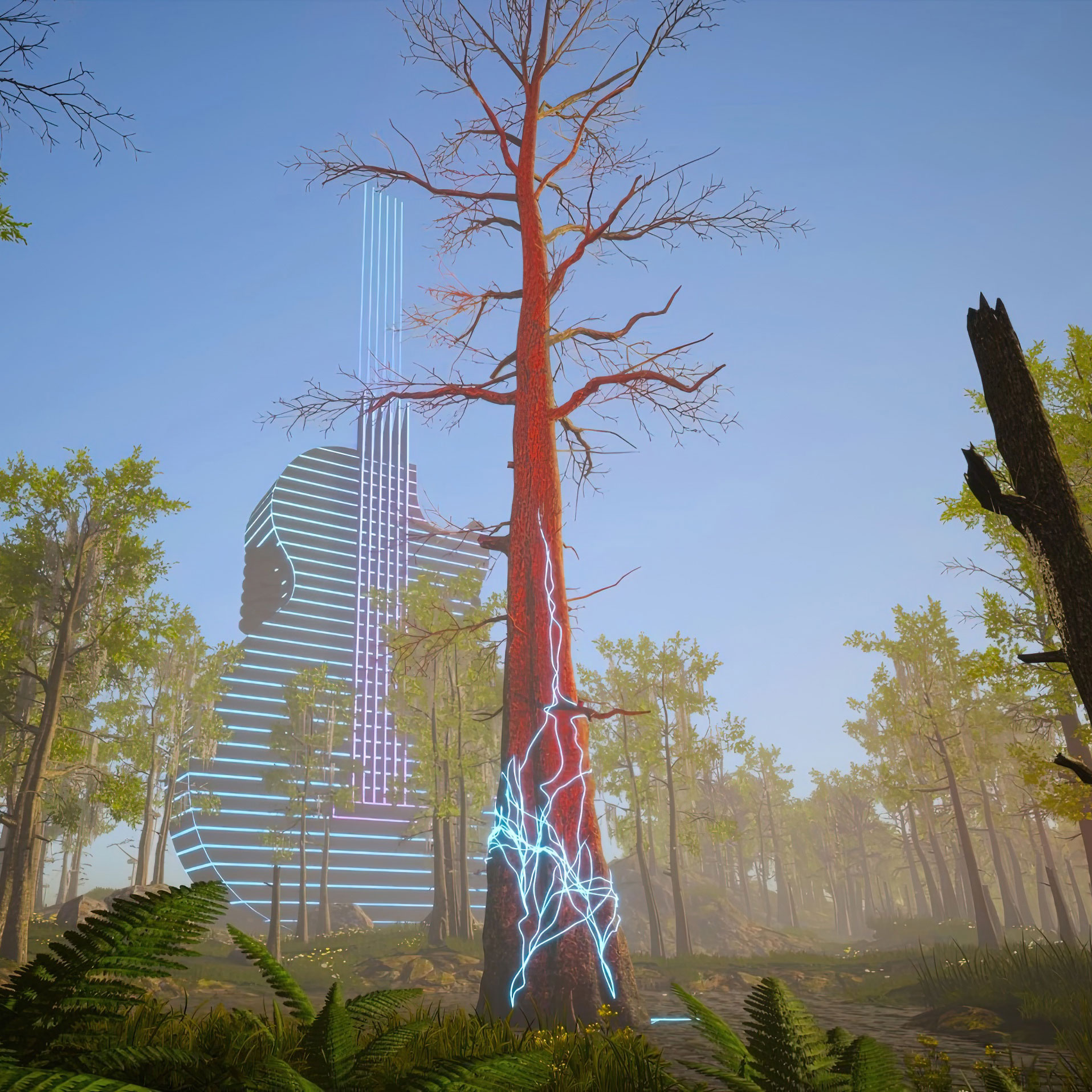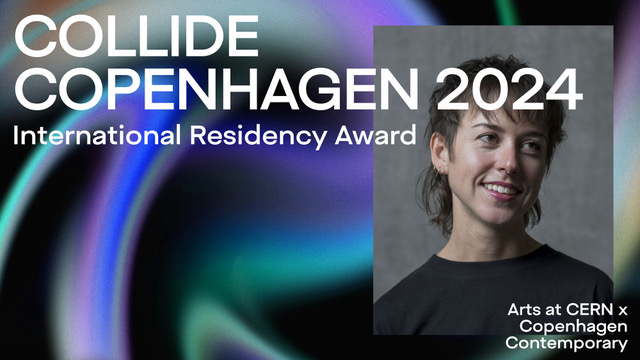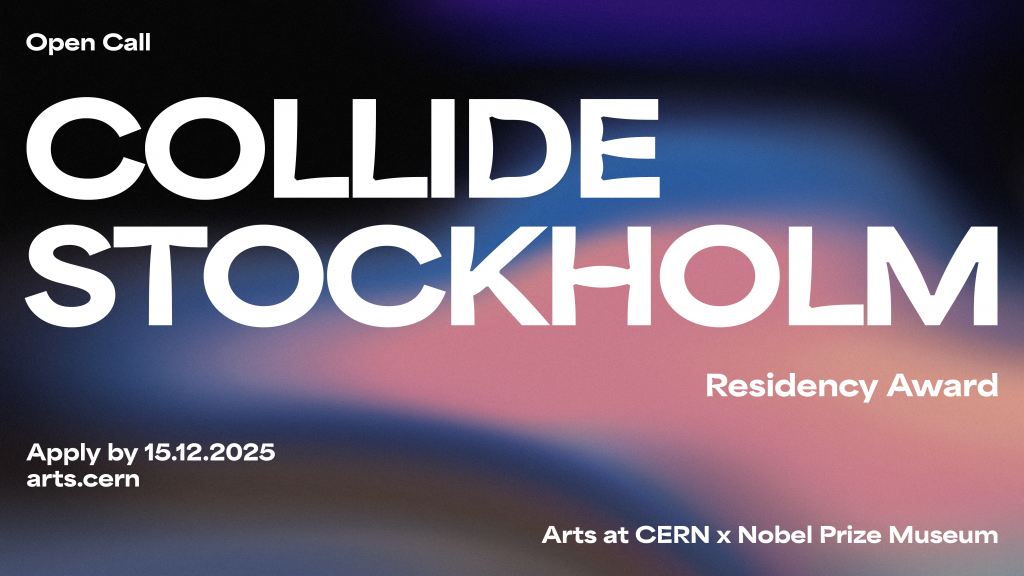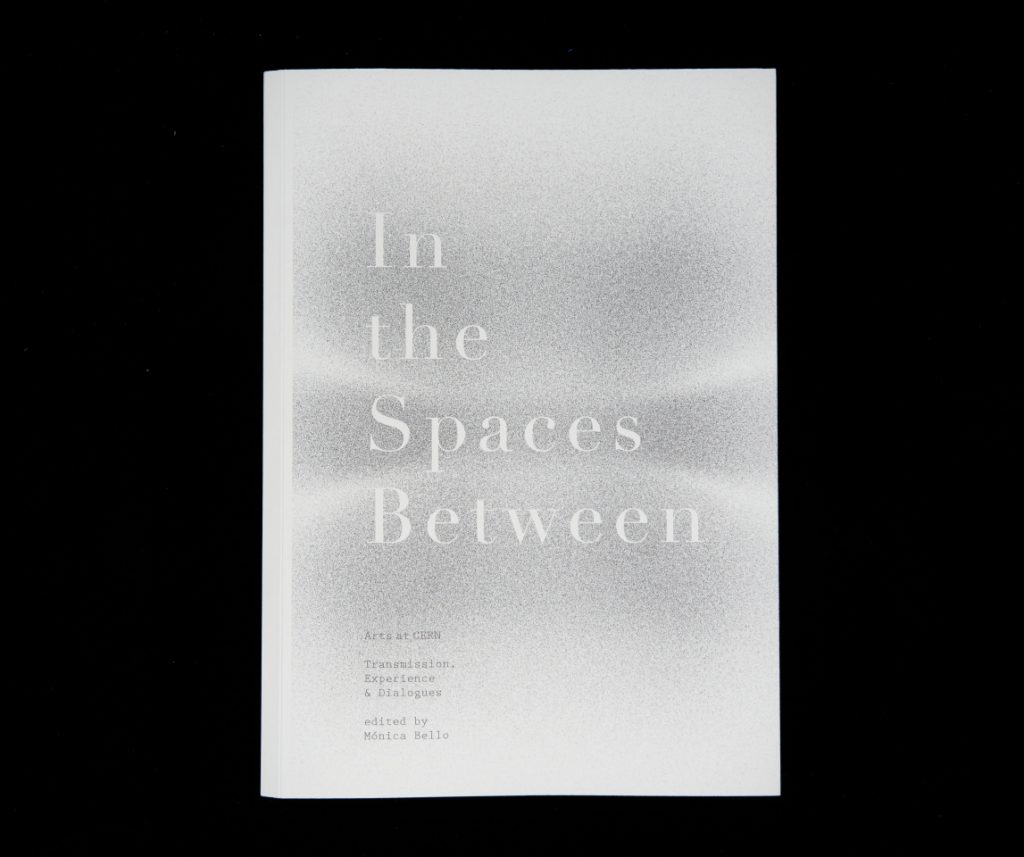- Tags
- Artistic residencies, Collide
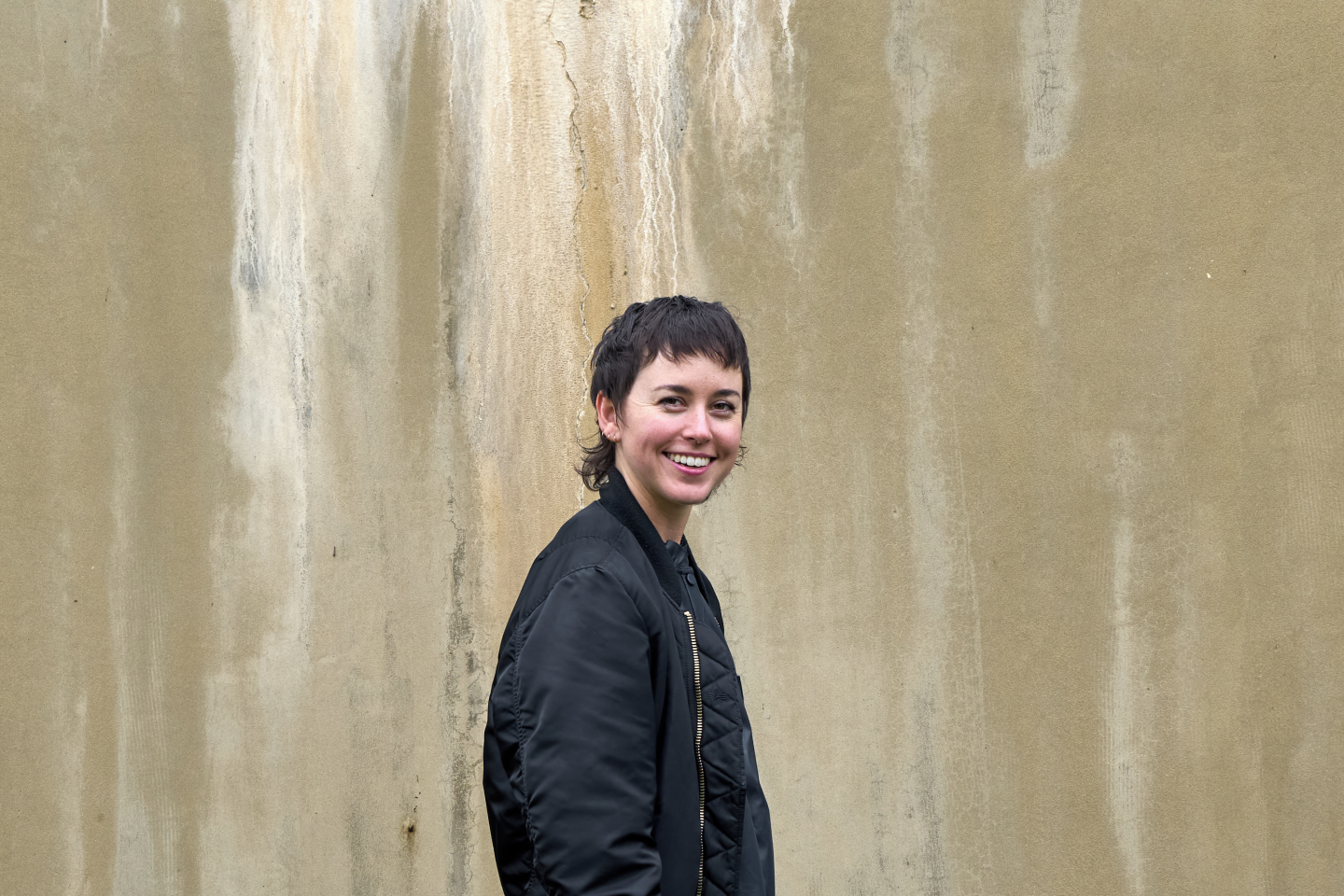
The Collide Copenhagen awardee will complete a residency between CERN and Copenhagen Contemporary to develop SMALL VOID, a multisensory and multiplayer video game exploring intelligence at the micro-scale
Following an international open call launched by Arts at CERN and Copenhagen Contemporary, Alice Bucknell was selected as the recipient of the second Collide Copenhagen residency award. The Los Angeles-based artist, writer, and educator uses video games as affective interfaces to explore complex systems, relationships, and forms of knowledge. Bucknell’s work delves into posthuman possibilities, queer embodiments, and the nonlinear nature of gameplay, investigating how gaming can evoke embodied, sensory understandings of the world that transcend language.
Over recent years, Bucknell has developed a practice of speculative fiction filmmaking, blending anthropology and architecture with ecology, cosmology, virtual worlds, and game design. More recently, their focus shifted to interactive video games, where ecological themes dialogue with the active agency of players shaping the worlds.
Intelligence and life itself are not binaries, but spectra
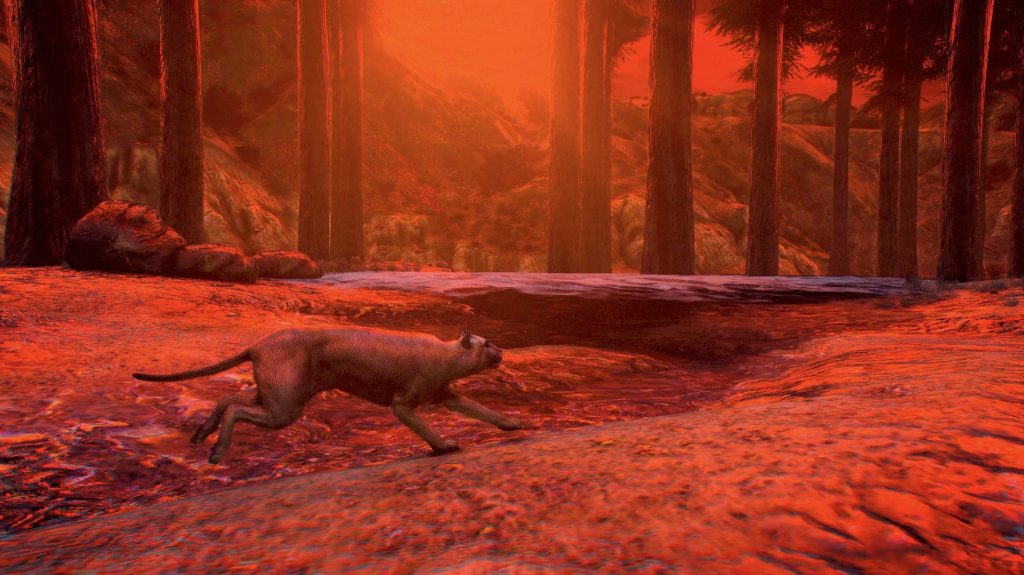
During their two-month residency, Bucknell will develop SMALL VOID, a project that draws on CERN’s particle physics research and intricate Earth ecosystems, moving from macro-scale worlding to the micro. ‘Intelligence and life itself are not binaries but spectra,’ Bucknell explains. ‘At its minimal end, a profound dilation in the system occurs, where small modifications to its architecture have vast implications. How might the texture of this gradient and all its multisensory and speculative components be experienced beyond the realm of the visual? How might it be felt? As a leading research institution for particle physics, CERN is the perfect place to become entangled with these questions.’
As a leading research institution for particle physics, CERN is the perfect place to become entangled with these questions
At CERN, Bucknell will work alongside scientists to explore artistically microscopic black holes – entities with the potential to unlock new questions about physics and extra dimensions. ‘Black holes are interesting because they are life in the negative. In popular culture, black holes are depicted as ominous portals, swirling far out in the galaxy, capable of limitless annihilation – both of our beliefs in coherent scientific systems and entire worlds: here one moment, gone the next, senseless. In contrast, a micro black hole – too small to know much of yet – is a double negative.’
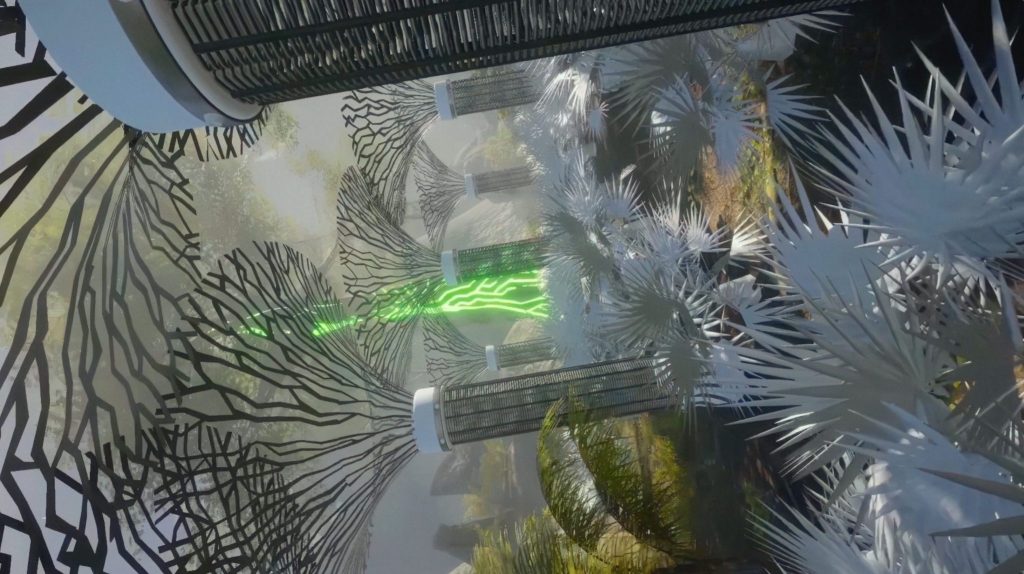
Describing micro black holes as ‘quantum ghosts’, Bucknell envisions them as embodying the weird and the eerie, the queer and uncanny. ‘It’s thought they can pass through anything but leave tiny imprints on what they touch, a kind of intra-action between scales, between worlds.’ Drawing on how researchers envision the ‘micro’ through scientific imaging, Bucknell will imagine and transform these entities within the game, incorporating visualisations inspired by CERN experiments.
Micro black holes and lichens are cosmic tricksters, exploding human classification systems, vitalistic boundaries, and forms of knowledge
In Copenhagen, the focus will shift to Earth-bound life forms. Inspired by the Assistens Cemetery’s lichen, Bucknell will explore these resilient ecosystems that exist outside a binary perception of life and aliveness. ‘Though seemingly worlds apart, lichens – holobionts formed of bacteria and algae – also trouble the binary between living and inert matter, individual and collective bodies, self and world. Both micro black holes and lichens are cosmic tricksters, disrupting human classification systems, vitalistic boundaries, and forms of knowledge.’
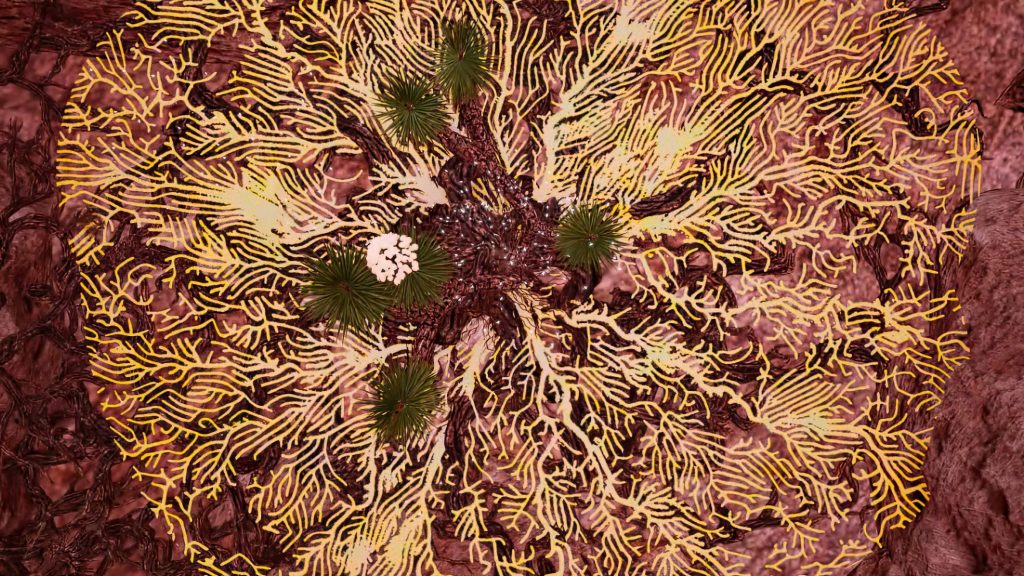
By integrating black holes and lichens as its two playable characters, SMALL VOID will materialise into a multisensory and multiplayer video game that invites players to explore queer ways of knowing and relating with the world. Supported by researchers at CERN, biologists and musicians, Bucknell will present SMALL VOID in an exhibition at Copenhagen Contemporary in 2025, alongside the 2023 awardee Joan Heemskerk.
Established in 2012, Collide is Arts at CERN’s international residency award, offering artists an opportunity to immerse themselves in the dynamic environment of the Laboratory and engage in dialogue with its scientific community. Collide Copenhagen, the three-year collaboration framework between CERN and Copenhagen Contemporary, supports artistic research into art, science and technology, with residencies held annually from 2023 to 2025.
